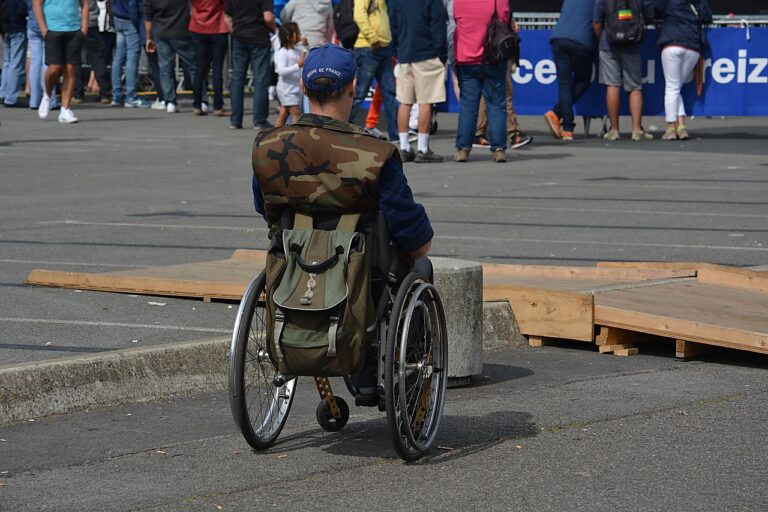Strategies for preventing and managing complications in liver resection: Golden exchange, Cricbet99, King567
golden exchange, cricbet99, king567: Liver resection is a surgical procedure that involves removing a portion of the liver affected by disease or injury. While this procedure can be life-saving for many patients, it also comes with risks of complications that can impact the patient’s recovery and long-term health. In this article, we will discuss strategies for preventing and managing complications in liver resection.
1. Pre-operative assessment: Before proceeding with liver resection, a thorough pre-operative assessment should be conducted to evaluate the patient’s overall health status and identify any potential risk factors for complications. This assessment may include blood tests, imaging studies, and consultations with other healthcare providers.
2. Optimization of liver function: Patients with compromised liver function may be at increased risk for post-operative complications. It is important to optimize liver function through medications, dietary modifications, and lifestyle changes before proceeding with liver resection.
3. Selection of surgical technique: The choice of surgical technique can also impact the risk of complications in liver resection. Minimally invasive techniques, such as laparoscopic or robotic-assisted surgery, may offer faster recovery times and lower rates of complications compared to traditional open surgery.
4. Intra-operative monitoring: During the surgery, close monitoring of the patient’s vital signs and liver function is essential to detect any early signs of complications, such as bleeding or infection. This can help the surgical team intervene promptly and prevent further complications.
5. Post-operative care: After the surgery, the patient should receive intensive post-operative care to monitor for complications and provide necessary support for recovery. This may include pain management, nutritional support, and physical therapy.
6. Early mobilization: Encouraging early mobilization and physical activity after liver resection can help prevent complications such as blood clots and pneumonia. Physical therapy may be prescribed to help the patient regain strength and function.
7. Monitoring for signs of infection: Infections, such as wound infections or abscesses, can occur after liver resection and must be promptly treated with antibiotics. Close monitoring for signs of infection, such as fever or increased pain, is essential for early detection and intervention.
8. Long-term follow-up: Patients who undergo liver resection should receive long-term follow-up care to monitor for late-onset complications, such as liver failure or recurrence of the underlying liver disease. Regular imaging studies and blood tests may be recommended for ongoing surveillance.
FAQs:
1. What are the common complications of liver resection?
Common complications of liver resection include bleeding, infection, liver failure, bile duct injury, and blood clots.
2. How long does it take to recover from liver resection surgery?
The recovery time after liver resection surgery varies depending on the patient’s overall health and the extent of the surgery. Most patients can expect to stay in the hospital for 5-10 days and may require several weeks to months to fully recover.
3. Can complications of liver resection be prevented?
Many complications of liver resection can be prevented through careful pre-operative assessment, optimization of liver function, selection of surgical technique, and post-operative care. Close monitoring for signs of complications and prompt intervention are also essential in managing complications effectively.







